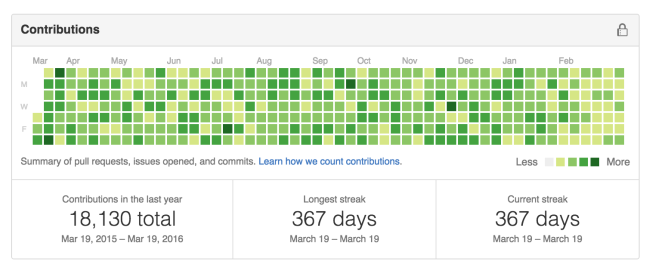Don't Measure Code Stats
While Software Engineers love to look at data, not all data is equal. While ensuring your team remains productive is important, you must look at valuable indicators when evaluating productivity.
Throughout my career, I’ve seen many metrics used to measure the “productivity” of an engineer including but not limited to:
Number of code changes submitted
Numbe…



